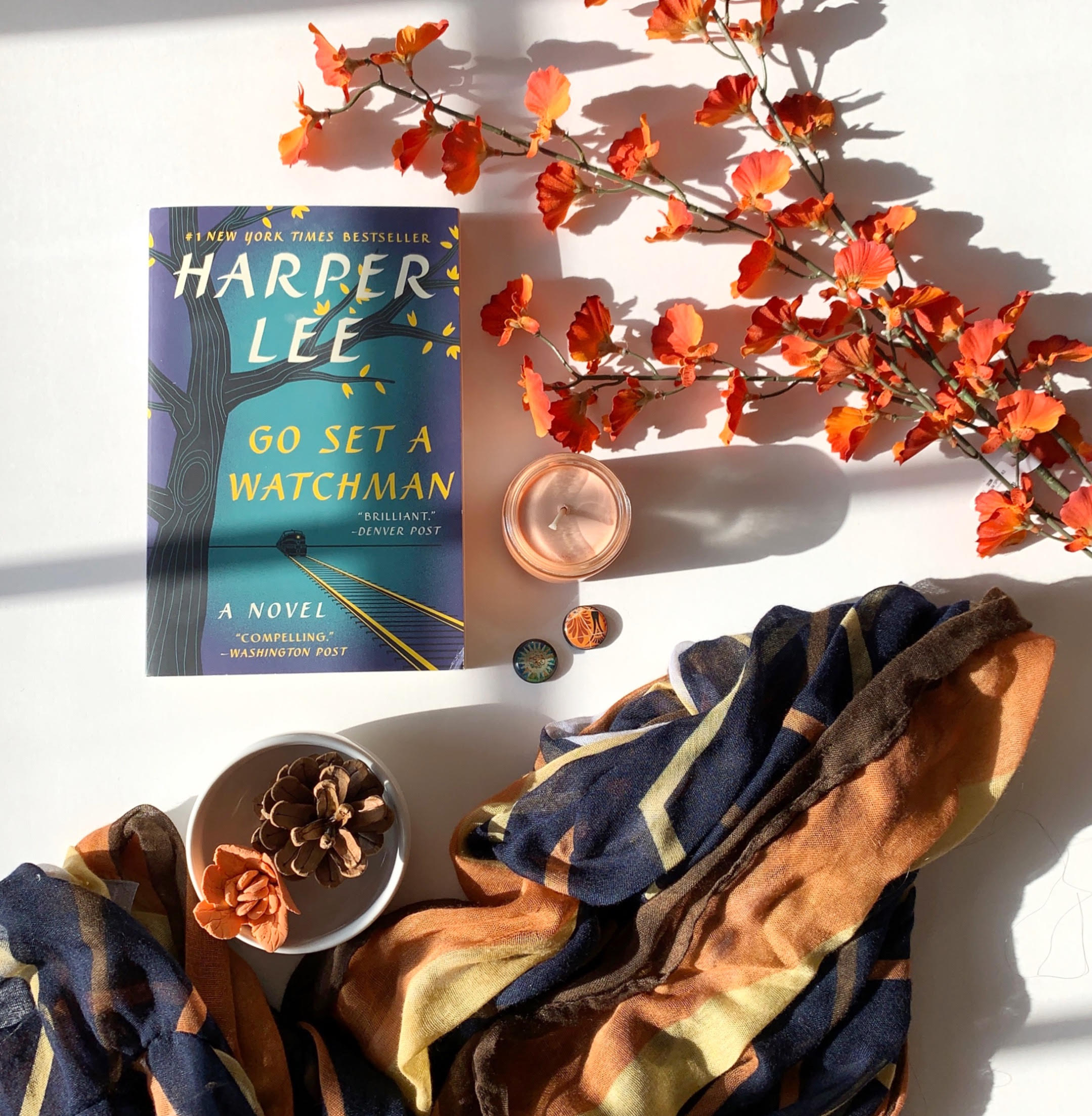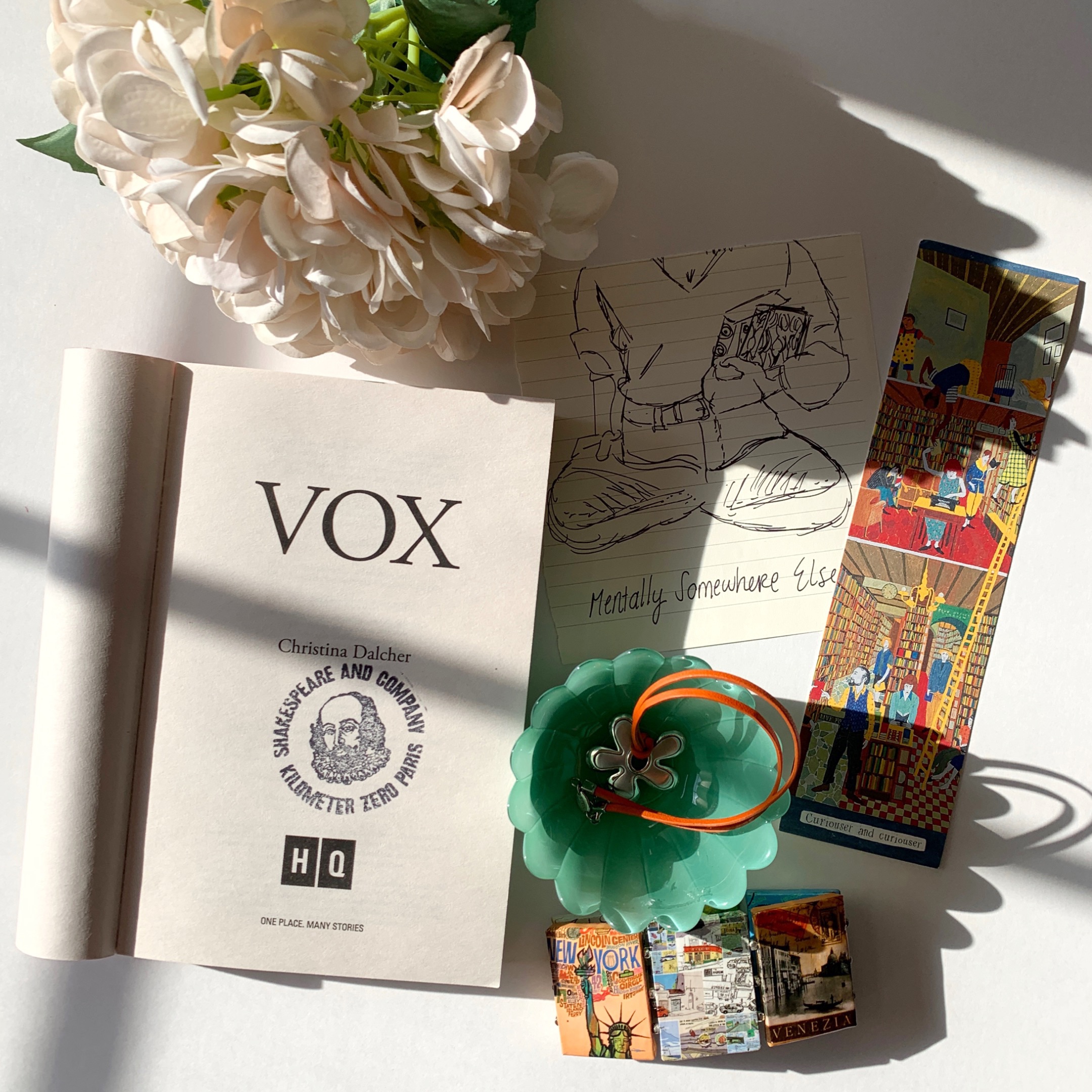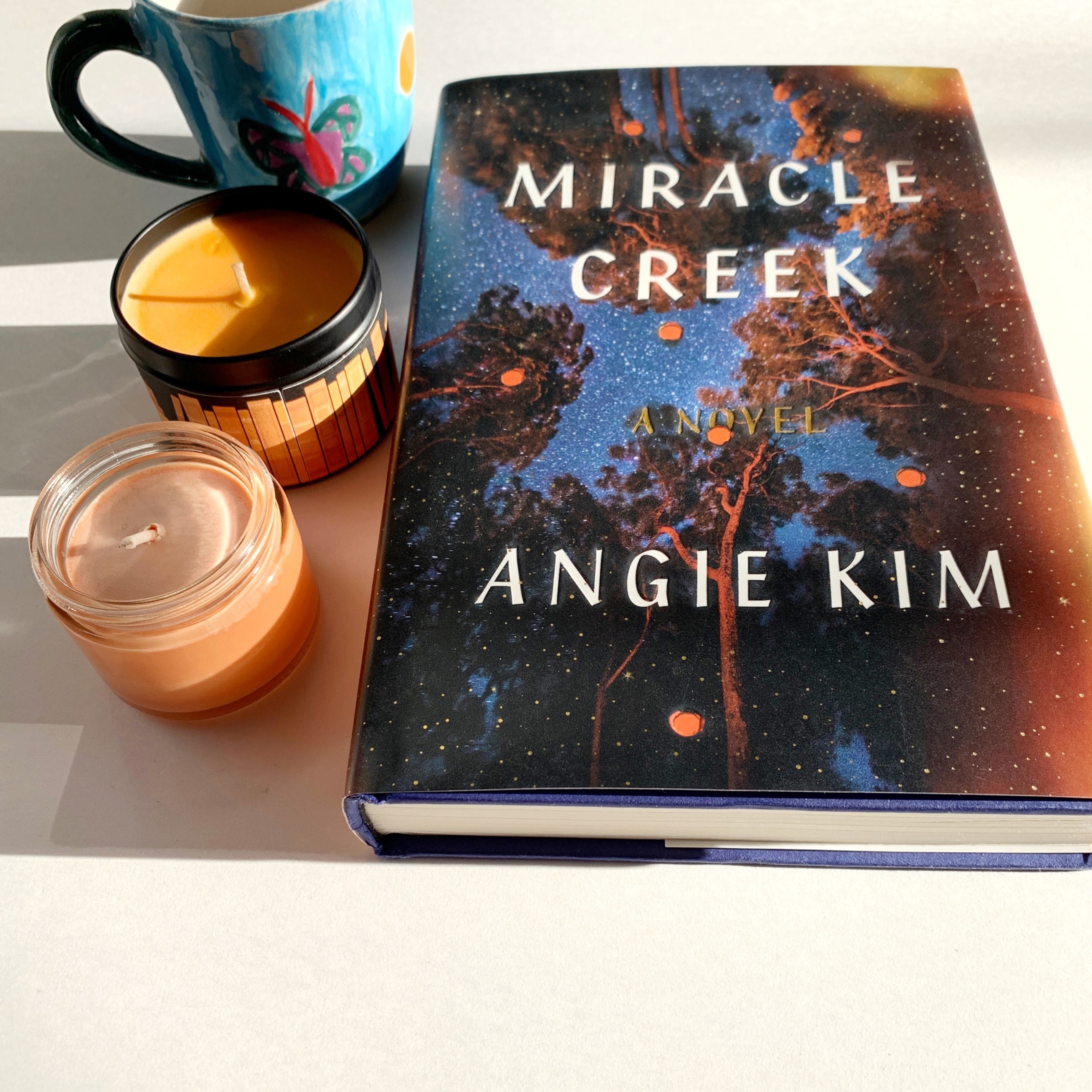Review: 4 STARS

As of this blog post, Angie Thomas’s The Hate U Give was published three years ago. Since then, it has built up a lot of hype in the book community and quickly picked up a movie deal. I can see why. This thought-provoking novel paints a very realistic picture of the experiences of Black communities in America by touching on social, political and racial issues from a Young Adult perspective. The main character, Starr Carter, is a sixteen year old girl who witnesses the shooting of her childhood friend, Khalil, by a police officer. As she tries to cope with the events of what happened that night, she learns about herself and is forced to reevaluate her relationships with those around her.
I have to admit that the writing was a bit too YA for my liking, but I would urge you to not let that deter you from picking up this book! There is an important message here and it deserves to be heard. You may be asking yourself, can a YA book really teach us about real societal matters? Why yes, I believe it can.
I fully recognize that the thoughts shared below are not a comprehensive manifestation of possible (or even necessary) takeaways from this novel. However, I would like to share a few concepts that The Hate U Give made me think about and that I hope you will consider as well.
The Black Lives Matter movement is not a current event.
Despite the 90’s pop-culture references throughout the book, Starr’s story seems to transcend a specific event or point in history. It was actually surreal to be reading this book in the summer of 2020, three years after its publication, and feeling as if the author was describing the events that are currently taking place in the United States and around the world. Not only does the novel extend its relevance into the future, it also speaks to a history of the same injustices. The way she portrays the aftermath of the shooting of the unarmed Black boy and the circumstances surrounding the incident was eerily familiar. I hope that you feel its familiarity not because you have experienced it, but because it is the same news story we have heard way too many times.
Garden Heights is neither real nor fictional.
Garden Heights is the neighborhood where Starr grows up and what they refer to as “the ghetto”. It is also where she sees her friend get shot. It is where she is guided to find her voice. And where she learns the different ways she can use it. While Garden Heights is a made up setting for a novel, it symbolizes many real neighborhoods across America. It is the neighborhood or city where injustices, violence and tragedies take place. It is also the same city where both conviction and anger has allowed so many individuals and organizations to use their voices. We all know that city. Perhaps it’s your city. It’s Garden Heights.
Story-telling can be powerful but is not always enough.
A well-written novel can have us staying up all night just to get “one more chapter” in. Books make us feel certain emotions and even create bonds with fictional characters whom we have never met yet feel like we know so well. Reading this story through Starr’s perspective has had a similar effect on many readers. However, most of the media we consume about the Black Lives Matter movement comes from social media posts and news outlet headlines. If you have ever experienced a tragic event in your life and later watched/read the media coverage on it, then you know how dehumanizing the robot voices of new anchors and Facebook posts of complete strangers can be. For this reason, sharing personal stories as Starr does in the novel is so important.
At the same time, we have also learned that storytelling is not is not always enough. The fact that I am reading this book three years after its publication and do not see any difference between the events of the book and current events, is a sign that more needs to be done. Starr comes to the same conclusion in the book; she is frustrated by the fact that speaking about what she saw was not bringing about real change. She has to learn how to use her voice to create not only words, but actions.



